6 books about the magic of mess
Economist and author Tim Harford recommends stories that celebrate chaos in all its forms

A free daily email with the biggest news stories of the day – and the best features from TheWeek.com
You are now subscribed
Your newsletter sign-up was successful
Economist and author Tim Harford recommends stories that celebrate chaos in all its forms:
Parting the Waters by Taylor Branch (Simon & Schuster, $24).
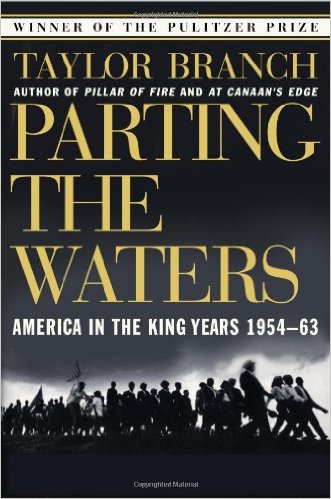
This Pulitzer Prize–winning biography of Martin Luther King Jr. brilliantly captures the little things, the details of the man. Sheer time pressure compelled Dr. King to abandon a rhetorical technique requiring meticulous preparation and move to a more improvised — and effective — style. Branch gives a vivid sense of every hesitation and every flourish.
The Week
Escape your echo chamber. Get the facts behind the news, plus analysis from multiple perspectives.

Sign up for The Week's Free Newsletters
From our morning news briefing to a weekly Good News Newsletter, get the best of The Week delivered directly to your inbox.
From our morning news briefing to a weekly Good News Newsletter, get the best of The Week delivered directly to your inbox.
The Most Human Human by Brian Christian (Anchor, $15).
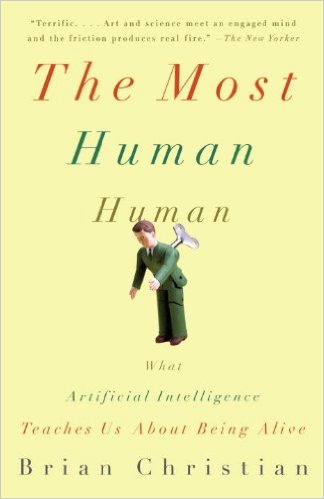
Appropriately enough, I can't stop talking about this book about conversation. Christian explains how chatbots manage to pass for humans, showing how we make it easy by having conversations that are tidy exchanges of clichés. A true conversation — the kind that makes you feel excited and alive — is a riskier affair altogether.
The Everything Store by Brad Stone (Back Bay, $18).

A smart, sharp biography of Jeff Bezos and the retailing behemoth he created. What was striking to me is how Amazon beat off established rivals by improvising and came out on top despite the inevitable chaos. (Donald Trump's primary campaign embraced the same messy tactics...)
A free daily email with the biggest news stories of the day – and the best features from TheWeek.com
Two Cheers for Anarchism by James C. Scott (Princeton, $18).
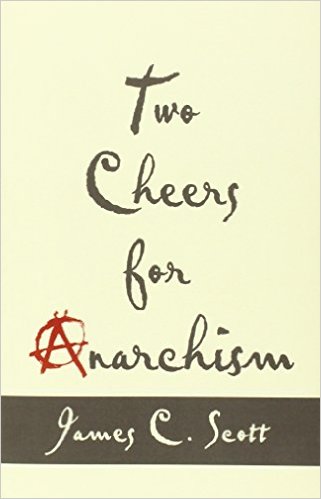
A whimsical personal reflection from one of the world's most influential political scientists. From the playground to the pedestrian crossing, Scott explores everyday examples of institutions attempting to regulate and organize our lives, and of the little ways we refuse to be so neatly controlled.
Improv Wisdom by Patricia Ryan Madson (Harmony, $17).
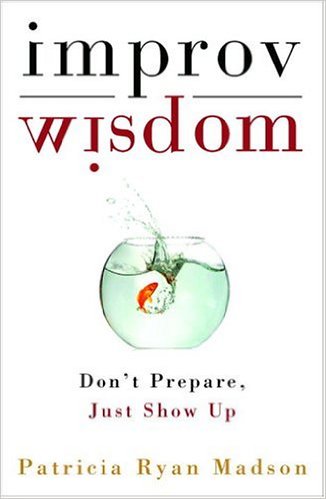
I was tempted not to include one of the great studies of improvisation in jazz and theater, but I continue to be charmed by Madson's wise and generous set of observations. She shows us how improv skills can help us be better listeners, more generous collaborators, and more playful parents.
How Buildings Learn by Stewart Brand (Penguin, $38).
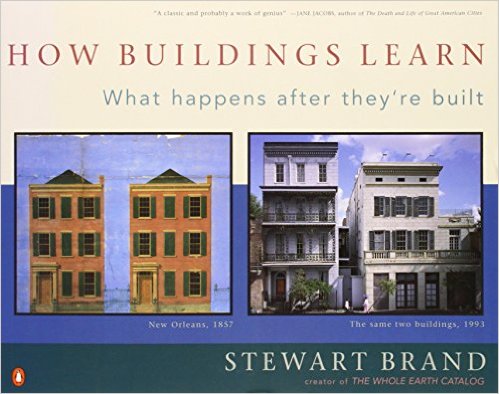
Every building is a forecast of how it will be used, says Brand, and every forecast is wrong. Successful buildings adapt and change, and in this utterly original book, Brand argues that the crudest patch job of a building can often be the most useful and even the most beloved, because it learns from the purposes of the people who live and work in it.
— Economist Tim Harford is the author of Messy: The Power of Disorder to Transform Our Lives. He's also a columnist, a broadcaster, and the author of 2005's The Undercover Economist.
-
 Political cartoons for February 16
Political cartoons for February 16Cartoons Monday’s political cartoons include President's Day, a valentine from the Epstein files, and more
-
 Regent Hong Kong: a tranquil haven with a prime waterfront spot
Regent Hong Kong: a tranquil haven with a prime waterfront spotThe Week Recommends The trendy hotel recently underwent an extensive two-year revamp
-
 The problem with diagnosing profound autism
The problem with diagnosing profound autismThe Explainer Experts are reconsidering the idea of autism as a spectrum, which could impact diagnoses and policy making for the condition